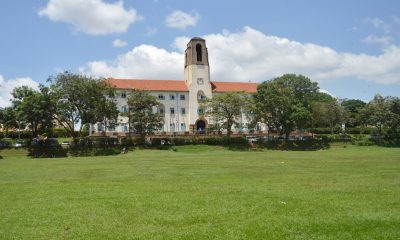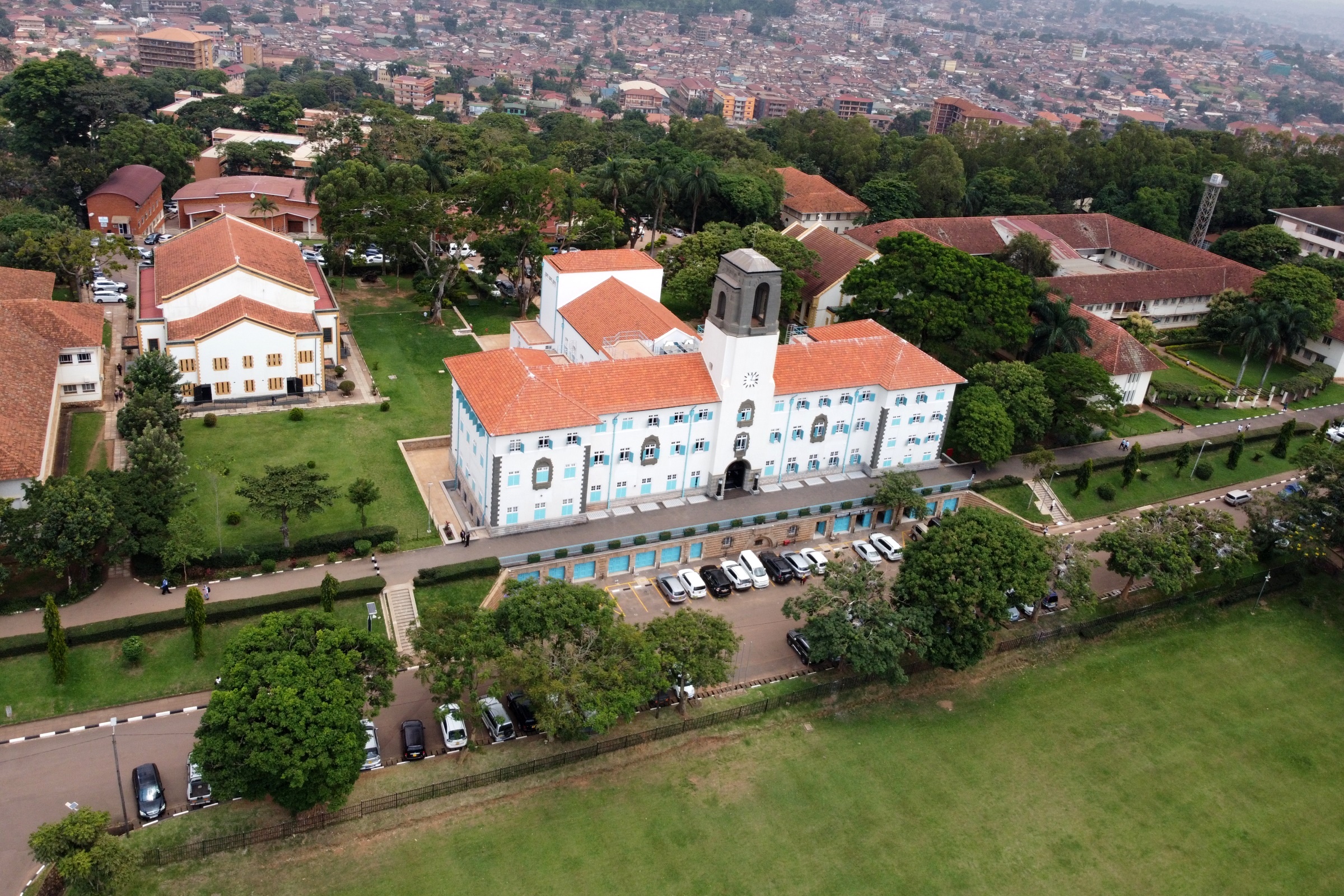Updated on 22nd February 2021
This communication regards opening for Semester I 2020/2021 Academic year for all students (Graduate, Freshers and Continuing Students)
First Year students (Freshers) are by tradition given an “acclimatization” period of normally one week which is referred to as the “Orientation Week”. The Freshers report on Campus one week earlier than the Continuing students and during this week they are introduced to the key facilities in the University as well as other important aspects of life at the University.
Schedule of Semesters for Academic Year 2020/2021
Orientation Week:
Getting used to a new place can be pretty daunting, but that is what orientation week is all about; getting to know your surroundings, meeting students and staff members. This makes you feel comfortable enough to hit the ground running when the semester starts. It is a great chance for you to familiarize yourself with the University.
The Freshers (Year One, Undergraduate and Graduate) Orientation, Enrolment and Registration will be held between Monday 22nd – Saturday 27th February 2021 at Colleges; and thereafter, teaching and learning for academic year 2020/2021 will commence on Monday 1st March 2021 (for 4 weeks on campus) until 27th March 2021. Online (ODeL) teaching will follow for this group up to completion.
The following officials will make presentations which will also be put on the university website www.mak.ac.ug;
- Academic Registrar
- Dean of students
- Director University Health Services
- University Bursar
- Director Counseling and Guidance Centre
- Director DICTS
- Director Gender Main Streaming
- Ag. Director Legal Affairs
- The Principal Games Tutor
- Chief Security Officer
After the orientation programme, first year students will undertake an Open Distance and e-Learning education model (ODel/Blended Learning) subject to further guidance from government. Each student therefore, MUST have a laptop computer as one of the essential tools for study purposes for the programme offered. In the meantime, it is important that all first year students prepare adequately to utilize the ODel /Blended Learning approach.
During the Orientation week, arrangements are made to enable the Freshers meet and be addressed by Key Officers, Wardens and Student Leaders who welcome the students centrally and at their respective Colleges and Schools.
Arrangements are also made to enable the Freshers acquaint themselves with such key facilities at the University like the Library, University Hospital, Games and Recreation Facilities etc. Freshers are expected to take advantage of the week to survey and acquaint themselves with the general Campus lay out. Another major activity during the Orientation Week is Registration.
All Freshers must ensure that they enroll and register first centrally and then with each of their respective Colleges/Schools/Departments/Halls/University Hospital.
N.B. (i) The above is a tentative programme pending communication from government on opening of School and Universities.
(ii) Each first year student admitted to any Makerere University Programme MUST have a lap top Computer as of the essential study tools for the programme.
Registration
For a candidate to qualify to be a bonafide student of the University, he/she must be registered. Registration is a mandatory requirement of the University. Privately sponsored students will pick their original admission letters after payment of 60% tuition and all functional fees from their respective colleges.
Ensure that you complete all the required enrollment/registration formalities within the prescribed time in order to avoid disappointments later.
Further details including functional and tuition fees can be accessed from the document links below:


 General2 weeks ago
General2 weeks ago
 General2 weeks ago
General2 weeks ago
 General4 days ago
General4 days ago
 Natural Sciences5 days ago
Natural Sciences5 days ago
 Health6 days ago
Health6 days ago












